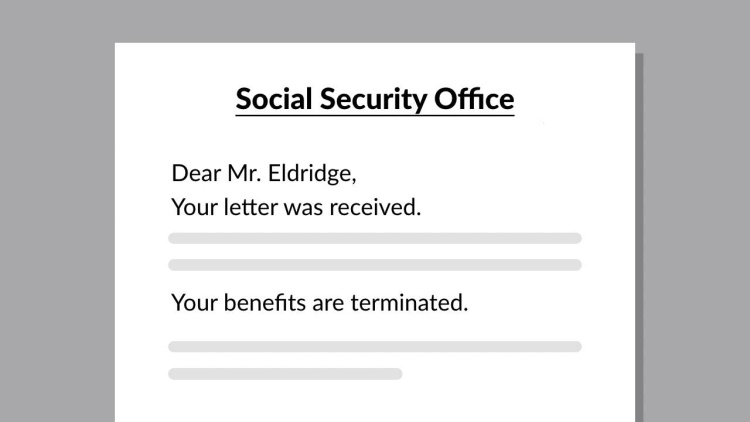Mathews v. Eldridge
United States Supreme Court
424 U.S. 319 (1976)
- Written by Susie Cowen, JD
Facts
Mr. Eldridge (plaintiff) began receiving Social Security benefits in June 1968. In March 1972, the state agency in charge of monitoring Eldridge’s medical condition sent him a questionnaire. Based on Eldridge’s answers to the questionnaire and reports from Eldridge’s doctor and a psychiatric consultant, the state agency informed Eldridge that he was no longer eligible for benefits. Eldridge disputed this decision in writing, but the state agency terminated his benefits. The Social Security Administration (SSA) accepted this determination and advised Eldridge that his benefits would terminate after that month. The notification informed Eldridge that he had the right to seek reconsideration by the state agency within six months. Eldridge did not request reconsideration but filed a lawsuit challenging the constitutionality of the administrative procedures used to determine whether a Social Security recipient had a continuing disability. The district court and court of appeals held that Eldridge had to be afforded an evidentiary hearing under the Due Process Clause of the Fifth Amendment. Mathews, the secretary of health, education, and welfare, appealed.
Rule of Law
Issue
Holding and Reasoning (Powell, J.)
What to do next…
Here's why 907,000 law students have relied on our case briefs:
- Written by law professors and practitioners, not other law students. 47,100 briefs, keyed to 996 casebooks. Top-notch customer support.
- The right amount of information, includes the facts, issues, rule of law, holding and reasoning, and any concurrences and dissents.
- Access in your classes, works on your mobile and tablet. Massive library of related video lessons and high quality multiple-choice questions.
- Easy to use, uniform format for every case brief. Written in plain English, not in legalese. Our briefs summarize and simplify; they don’t just repeat the court’s language.





